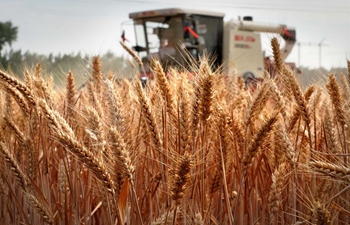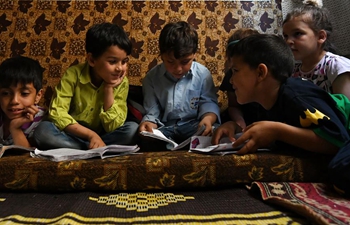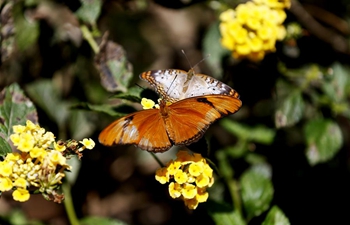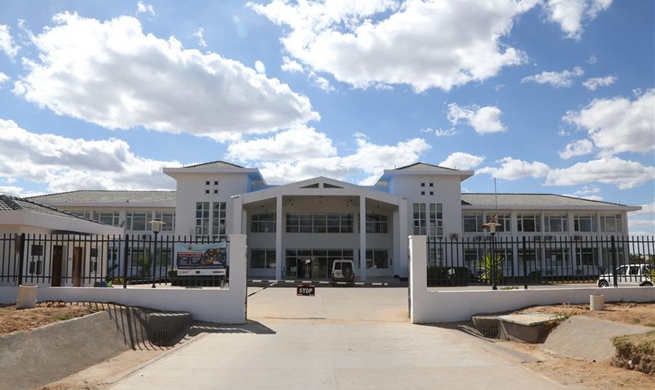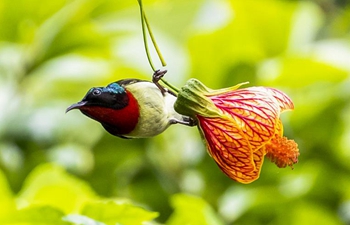SYDNEY, May 30 (Xinhua) -- If a woman experiences one or more stressful life events during the first 18 weeks of pregnancy, her male offspring may have reduced fertility when reaching adulthood, according to a study released on Thursday by the University of Western Australia.
An analysis of 643 men, aged 20, found that those who experienced at least one stressful episode during the first 18 weeks of gestation had worse sperm quality and lower testosterone than those who were not exposed, or who were exposed during later gestation.
“So it appears that if a woman experiences a stressful event early on in pregnancy it can negatively impact their sons sperm count,” study senior author Prof. Roger Hart told Xinhua.
“We found that men who had been exposed to three or more stressful life events during early gestation had an average of 36 percent reduction in the number of sperm in their ejaculate, a 12 percent reduction in sperm motility and an 11 percent reduction in testosterone levels compared to those men who were not exposed to any stressful life event during that period.”
These events included death of a close relative or friend, separation or divorce or marital problems, problems with children, mother’s or partner’s involuntary job loss, money problems, pregnancy concerns, moving home or other problems.
Additionally, “if it happened late in pregnancy it had no effect, which is interesting, because the early part of pregnancy is when the testicles are developing.”
Hart points out that there are a range of other factors which contribute more to male fertility, including their own lifestyle factors as well as whether their mother smoked during pregnancy which is associated with a 50 percent reduction in sperm number.
For their research Hart and colleagues used data from a landmark multigenerational Australian study which recruited 2,804 pregnant women between May 1989 and November 1991, who would go on to have 2,868 children of which 1,454 were boys.
